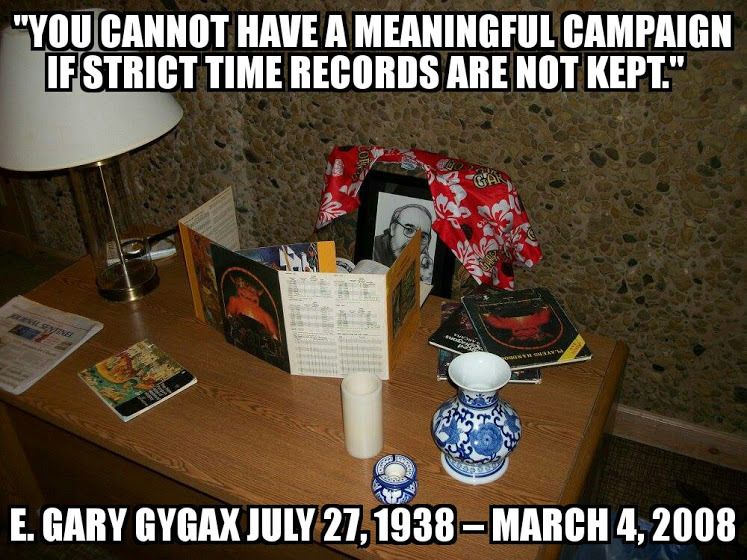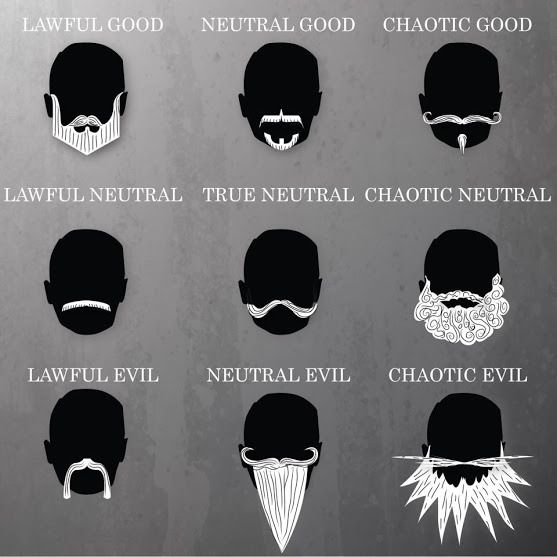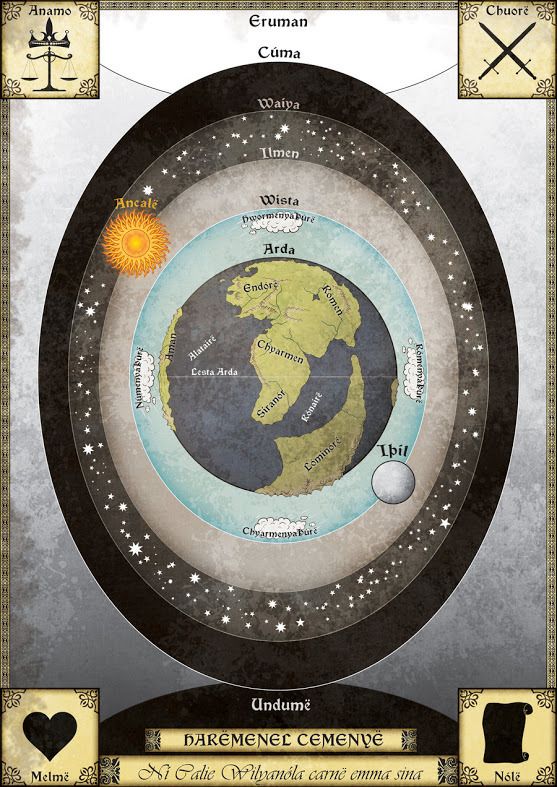SENSOR SWEEP: Gernsback’s Brainchild, Massive Xenophobes, Pervasive Ignorance, and Imaginative Pallets
Monday , 7, March 2016 Sensor Sweep 3 Comments Magazines (Pulpfest 2016) The AMAZING Story: The Fifties — Dream Worlds — “One noticeable feature of all the best stories from this period is that they are scarcely science fiction at all, but convey a deeper mood of the fantastic or the unnerving, bringing a more adult feel to the treatments of their themes. They were certainly far from the type of science fiction that had been contained in the earliest issues of Hugo Gernsback’s brainchild.”
Magazines (Pulpfest 2016) The AMAZING Story: The Fifties — Dream Worlds — “One noticeable feature of all the best stories from this period is that they are scarcely science fiction at all, but convey a deeper mood of the fantastic or the unnerving, bringing a more adult feel to the treatments of their themes. They were certainly far from the type of science fiction that had been contained in the earliest issues of Hugo Gernsback’s brainchild.”
Books (Cirsova) The Dream Lords by Adrian Cole — “I do find it interesting that while I’d compared Dream Lords in my mind to Fox or Jakes, Cole hadn’t yet read those himself; what that says to me is that the Burroughsian branch of SFF produces similar leaves such that even outside the influence of other writers in the tradition of Burroughs there is a sense of unity and both stylistic and thematic harmony among his acolytes. While I’m a fan of both Tolkien and Lovecraft, their styles don’t lend themselves well to imitation, but Burroughs… Man, Burroughs!”
RPGs (Doctor Xaos Comics Madness) Getting it just right — “Readers may also be familiar with my long-standing claim that reading a game isn’t good enough; that one must play it, not as a critic or reviewer but as a genuine participant, with a good will to understanding and according with its rules, before forming a position about it. The internet term actual play with this specific meaning, began as Forge jargon.”
Appendix “T” (Unsubscribed Blog) Three Chris Yates Wraparounds — “Because of the effort and technical application involved in constructing a good image comprising of both covers and spine, I saw this as a perfect opportunity to try and remove as many defects in post processing. It took a good few hours of work to complete each book but I think the results speak for themselves and show off Chris Yates’ psychedelic painting/collage skills to full effect.”
Books (Fantasy Encyclopedia) Nick Cole stands with a fist with CTRL-ALT-REVOLT! — “I know many fantasy die-hards world argue that sci-fi ought to be kept well away from epic fantasy and Tolkien never meant for Gandalf to be seated next to Heinlein’s trooper Johnny Rico at a virtual fantasy awards show. The problem with that is: fantasy is complex with both historical and futuristic depictions, world-building elements and untapped potential for new exploration. It’s cliche to say it, but…this is my site and I’ll put all the different types of fantasy next to each other if I want to, purists be damned.”
Wargames (Greg Costikyan) SPI Died for Your Sins — “Who killed wargaming? You tell me. The industry’s best customers, the most avid wargamers in the world, were collectively told to piss off. How many never bought a wargame again? In the 1980s, as I have argued, the shift in the nation’s mood meant America should have been more receptive than ever to wargames. Wargaming might have survived, grown, and prospered — but the hard core was gone. The grognards, as SPI called its best customers, after the veterans of Napoleon’s Grande Armee, the people who bought many games each year, the solid fundament of the whole field, were gone.”
 Lovecraft (Tor.com) The Perfect Retort, 90 Years Later: The Ballad of Black Tom by Victor LaValle — “The Ballad of Black Tom is a single line of dialogue, the perfect cutting response to that thing your racist uncle just said, dropped into the sudden silence around the Thanksgiving table.”
Lovecraft (Tor.com) The Perfect Retort, 90 Years Later: The Ballad of Black Tom by Victor LaValle — “The Ballad of Black Tom is a single line of dialogue, the perfect cutting response to that thing your racist uncle just said, dropped into the sudden silence around the Thanksgiving table.”
Lovecraft (Barnes and Noble) Lovecraft Country is a Timely, Terrifying, Hilarious Pulp Satire — “In his Cthulhu Mythos, H.P. Lovecraft created a universe that is actively hostile, constantly threatened by a terrifying and unknowable ‘other’ beyond the realm of human understanding. At best, Lovecraft’s cults and monsters view humanity as something vaguely useful to manipulate. At worst, they are actively malicious, and eager to hurt us directly. Lovecraft was, of course, a massive xenophobe. His version of existential dread remains more or less a first-world problem, an idea of an encroaching Other that seems to only affect white people.”
Lovecraft (ars technica) Disney’s Gravity Falls is weird Americana meets Lovecraft for kids — “But where Lovecraft responded to his terror with hatred and bigotry, Gravity Falls subverts his legacy by choosing love and acceptance every single time. It’s arguably not the most unique route. Virtually every children’s program in existence promotes positive behaviour, but it feels particularly fitting here, especially if you also consider the fact that Gravity Falls takes place in small-town America, a setting traditionally associated with undue bigotry.”
The Abolition of Man (Front Porch Republic) Res Idiotica — “Our students’ ignorance is not a failing of the educational system – it is its crowning achievement. Efforts by several generations of philosophers and reformers and public policy experts whom our students (and most of us) know nothing about have combined to produce a generation of know-nothings. The pervasive ignorance of our students is not a mere accident or unfortunate but correctible outcome, if only we hire better teachers or tweak the reading lists in high school. It is the consequence of a civilizational commitment to civilizational suicide. The end of history for our students signals the End of History for the West.”
Comics (Doctor Xaos Comics Madness) Plastic or fantastic — “Each plot was introduced, developed issue by issue, and resolved. You had your shadowy figure + hints; reveal of who; reveal of why; all as the ‘plot’ thickens and then it’s a thumping fight. Keep enough of these going in layers and the readers will love it unconditionally. You knew exactly what was going on, and what happened last issue was always picked up in the next.”
Movies (ravishly) Newsflash: The Original Ghostbusters Was Totally Sexist — “The original Ghostbusters was a guy movie for guys—which is to say the film was, in many ways, both sexist and misogynist. The Ghostbusters in the original were all men not because women couldn’t lift the proton packs or some such nonsense, but because the film treated women with not-especially-veiled contempt and distaste.”
Appendix N (Deep in the Stacks) A Remarkable and Sobering Observation — “I was struck by your point that the young SF/F reader is far more detached than we were (I was born in the same year as you) from the history of the genre, going back well over a century even before you look at the deep roots that go back over millennium. They have been carefully trained either not to realize this fact or to regard it as no loss. Their imaginative pallets are therefore inevitably impoverished.”
 Wargames (PAXsims) Gender and national security gaming — “There are some obvious historical reasons for this, mainly having to do with gender socialization and cultural associations between traditional masculinities, martial prowess, and war-fighting. Although one would hope that overt sexism is becoming increasingly rare, there are certainly behaviours by some gamers that potential new female entrants into the hobby would find off-putting (including the whole ‘look, its a female wargamer!’ response). Finally, there’s a problem of networks and recruitment: wargamers may tend to move in similar social circles that diminish the likelihood to recruiting dissimilar individuals into the hobby.”
Wargames (PAXsims) Gender and national security gaming — “There are some obvious historical reasons for this, mainly having to do with gender socialization and cultural associations between traditional masculinities, martial prowess, and war-fighting. Although one would hope that overt sexism is becoming increasingly rare, there are certainly behaviours by some gamers that potential new female entrants into the hobby would find off-putting (including the whole ‘look, its a female wargamer!’ response). Finally, there’s a problem of networks and recruitment: wargamers may tend to move in similar social circles that diminish the likelihood to recruiting dissimilar individuals into the hobby.”
Hugo Awards (Where Worlds Collide) James Worrad and The Waste-Ground — “What’s the point of paying good money to nominate something you think is worthy, only to find its nomination was championed by the wrong people, and either the author will be forced to decline the nomination or be ostracised, or it will be voted down by massed no-awards.”
Hugo Awards (Throwing Spaghetti at the Wall) Why the Puppies Bid for the Hugos Failed — “In military terms, the Rabid Puppies assembled the militia that could, while the SJWs assembled a veteran field army complete with a propaganda machine. The little militia may win in films, but that’s not how it goes in real life.”
I would argue that wargames are starting to come back, or at least games that are close to wargames are becoming more prevalent with things like Command and Colors, and COIN growing in popularity. The direct interaction and multiplayer aspects put them in competition with eurogames, which usually have less interaction. Also the longer a person’s in the hobby, the broader their tastes SHOULD become. Boardgaming has grown greatly since 1996, and I’d think wargames have started recovering as a result.
“National security gaming”? AYFKM? Jeffro, my friend, how do you find this stuff?